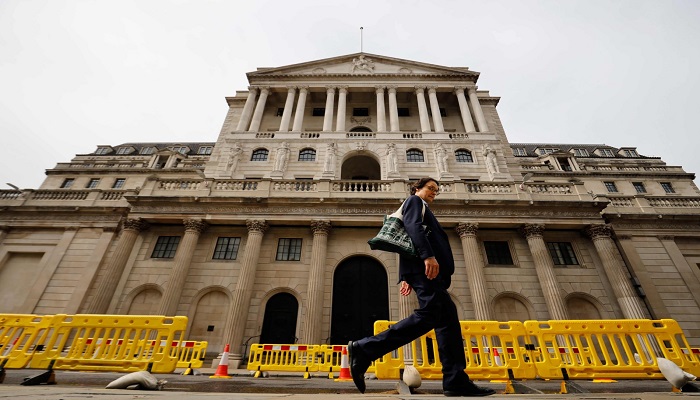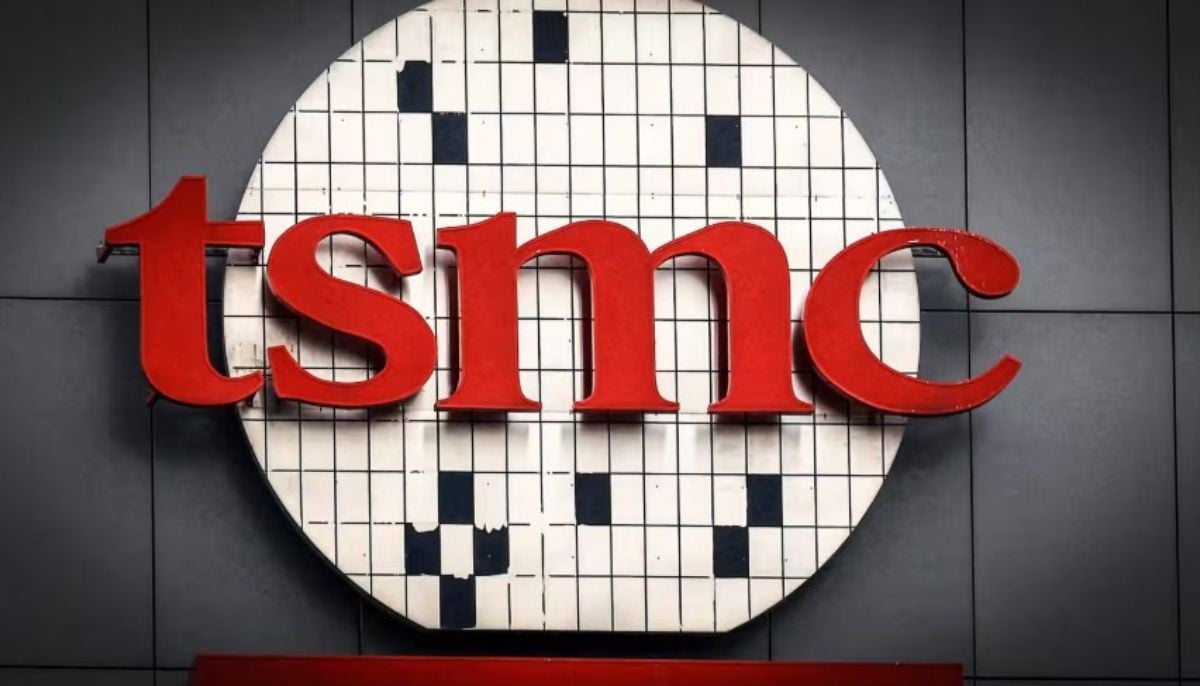Bank of England holds rate after 14 straight hikes as inflation hits brakes
Bank of England's monetary policy committee made the choice, with a closely contested 5-4 vote, to maintain the key interest rate at 5.25%
The Bank of England (BoE) Thursday kept its primary policy interest rate unchanged, ending a streak of 14 consecutive rate hikes, a decision that follows an unexpected slowdown in UK inflation and coincides with the US Federal Reserve's decision to also put its rate adjustments on hold, BBC reported.
The Bank of England's monetary policy committee made the choice, with a closely contested 5-4 vote, to maintain the key interest rate at 5.25%, a level not seen in over 15 years.
The committee emphasized that the future interest rate outlook depended on whether inflation remained elevated, aligning its perspective with that of its counterparts in the United States and Europe.
Prior to this week's meeting, there had been expectations of further interest rate hikes by UK policymakers. However, these expectations were thrown into uncertainty by surprising official data released on Wednesday, which indicated a cloudier picture of consumer price trends.
In addition to these inflation concerns, the UK has witnessed a rise in unemployment and sluggish economic growth as a result of the cumulative impact of previous rate hikes.
In response to this announcement, the British pound managed to recover some of its losses, as it had previously hit a five-month low of $1.2239.
This decision by the Bank of England comes at the end of a week marked by numerous rate decisions from central banks around the world. These central banks had been consistently raising interest rates for over 18 months in an effort to curb inflation, which had surged in the aftermath of Russia's invasion of Ukraine.
Finely balanced
"The decision on whether to increase or to maintain... at this meeting had become more finely balanced," said BoE minutes Thursday.
"Further tightening in monetary policy would be required if there were evidence of more persistent inflationary pressures," they added.
The AFP reports that even if the rate has peaked, analysts expect the cost of borrowing to stay elevated for well into next year.
The BoE "doesn't want the markets to decide that a peak in rates will be soon followed by rate cuts, which would... undermine its attempts to quash inflation", noted Paul Dales, chief UK economist at Capital Economics.
Five policymakers, including Governor Andrew Bailey, voted not to hike for the first time since December 2021.
A minority of four urged a quarter-point hike "to address the risks of more deeply embedded inflation persistence".
The Fed on Wednesday held US rates but indicated another hike was likely this year should inflation remain high. It hinted also that there would be fewer cuts than anticipated in 2024.
Also Thursday, Sweden's Riksbank and Norway's Norges Bank each raised their key interest rates by a quarter-point.
But the Swiss National Bank unexpectedly left its rate unchanged, confounding expectations for an increase.
All three said more rate increases may be necessary if inflation remains too high.
Shock data
UK official data on Wednesday showed the Consumer Prices Index slowed to 6.7% in August from 6.8% in July.
That was the lowest inflation figure since February 2022 and confounded expectations for an acceleration to 7.1% on higher energy prices.
Central banks have tightened borrowing costs to multi-year highs in the wake of surging energy and food prices.
The European Central Bank has carried out 10 straight rises, including a quarter-point hike last week, but is now signalling that eurozone borrowing costs may have reached a peak.
It comes as data this week showed eurozone inflation slowed slightly in August.
Cost of living crisis
In a bid to cool prices, the BoE began lifting its key interest rate from a record low of 0.1% at the end of 2021, when inflation started to creep higher as economies slowly emerged from lockdowns.
Nevertheless, UK inflation subsequently struck a 41-year peak at 11.1% in October 2022, while the BoE is tasked by the British government with keeping the level at about two percent.
The country has since been blighted by disruptive strikes, notably by rail and health workers, as salaries fail to keep up with the surging cost of living despite record-high growth in average UK wages.
The rate increases have worsened the cost-of-living crisis, with retail banks following suit by significantly hiking mortgage rates.
Landlords, faced with higher repayments, have in turn pushed up rents by sizeable amounts.
At the same time, banks are offering higher returns on savings, for those who can afford to set money aside.
In response to Thursday's BoE decision, XTB analyst Walid Koudmani warned rates may not have peaked.
"The key message today is that rates are at their peak or close to it," Koudmani said.
"But with current data, it could be a dangerous signal to send the markets since if inflation keeps running hot, the BoE will need to hike once more."
-
Netflix revises Warner Bros. deal to $83 billion: All-cash offer
-
AI startup raises $480 million at $4.5 billion valuation in earlier gains
-
OpenAI surpasses $20 billion revenue in 2025, says CFO
-
eBay launches first climate transition plan, targets 'zero emissions' by 2045
-
Amazon to appeal against Italian Antitrust fine despite major reduction
-
US lawmakers introduces new bill to define crypto market rules
-
Apple tops global smartphone market in 2025, says report
-
AI boom set to lift TSMC’s Q4 profit by 27%












